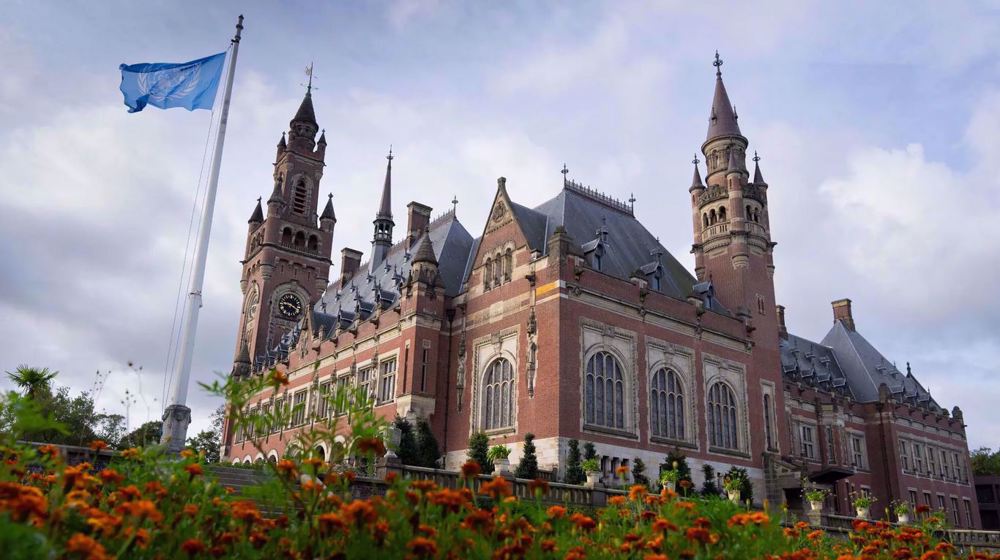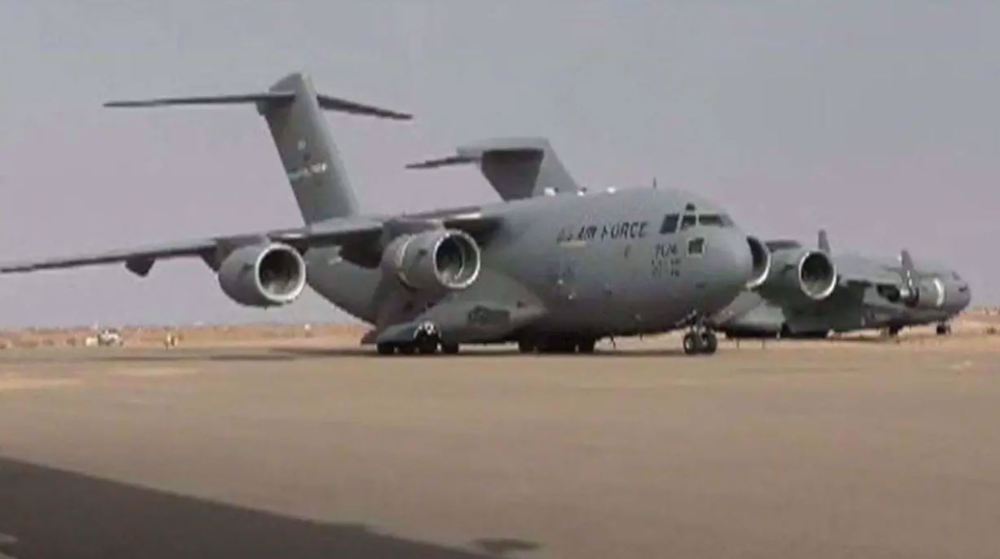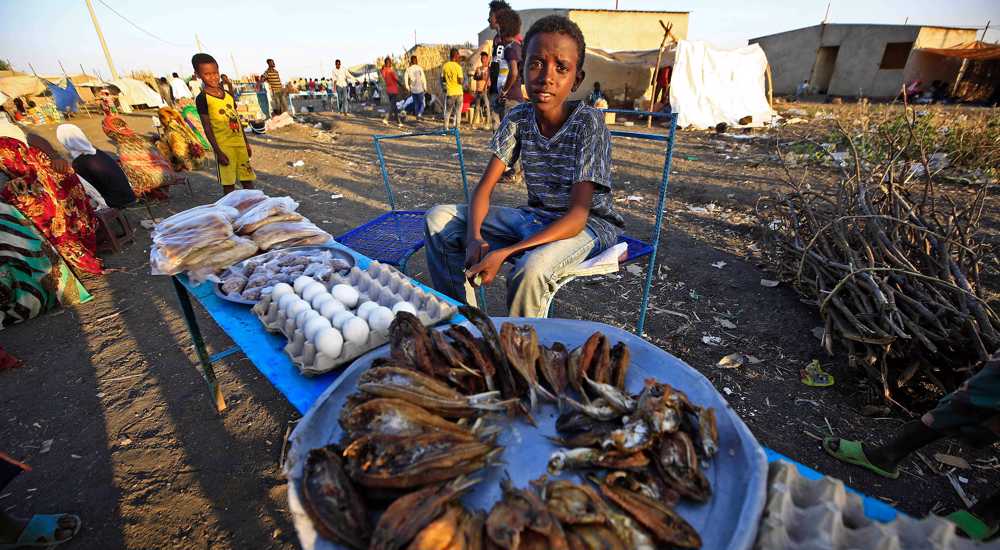Tigray rebel leader says conflict far from over after Ethiopia declares victory
The leader of rebels in Tigray, a restive region in northern Ethiopia which has for weeks been the scene of intense clashes with federal troops, has claimed that the fighting is far from over and that his forces are still resisting the Ethiopian military near the region's capital city, Mekelle.
Debretsion Gebremichael, who presides over the Tigray People's Liberation Front (TPLF), told Reuters on Monday that the Tigray forces had been deployed to the outskirts of Mekelle.
"I'm close to Mekelle in Tigray fighting the invaders," he said.
He claimed that Tigray forces combating the federal troops had captured a number of Eritrean soldiers fighting alongside Ethiopian troops.
He also insisted that rumors suggesting he had fled to South Sudan were untrue, according to Reuters.
In a series of messages on Sunday, Gebremichael also claimed Tigray forces had shot down an Ethiopian military plane and captured its pilot.
Gebremichael further added that the town of Axum in the northern region had been retaken from government forces.
Following reports of heavy shelling of Mekelle, Ethiopia's Nobel-winning Prime Minister Abiy Ahmed declared victory, saying in a statement on his Twitter account on Saturday that government forces had gained control of the city.
He announced the end of the military operation which had begun with airstrikes n Tigray on November 4.
He said that it was now up to regional forces to capture the "criminal" rebel leaders, restore peace and reconstruct the city.
Meanwhile, Ethiopia's state-run TV said 70 graves, some holding multiple bodies, had been found in the Tigray region town of Humera. It was not clear who were buried in the graves. Both sides accuse one another of the killings.
Government forces in Mekelle said after the end of military operations, "stabilization activities" had begun.
Confirmation of news from both sides is difficult as communication systems are down in Tigray.
In the meantime, Mekelle hospitals, which are reportedly flooded with wounded people, announced that they have a shortage of medical supplies to care for patients and those injured in the conflict.
The International Committee of the Red Cross (ICRC) said that some 80 percent of patients at Ayder Referral Hospital have trauma injuries.
“The influx of wounded forced the hospital to suspend many other medical services so that limited staff and resources could be devoted to emergency medical care,” the ICRC said, adding that the major regional hospital was lacking body bags.
The ICRC warned that food was also running low, the result of the Tigray region being cut off from outside aid for almost a month. The group said 1,000 Eritrean refugees have arrived in Mekelle from their refugee camps near the Eritrean border, looking for food and other help.
“The hospital is running dangerously low on sutures, antibiotics, anticoagulants, painkillers and even gloves,” said Maria Soledad, the head of operations for the ICRC in Ethiopia, who visited Ayder Referral Hospital and is currently in Mekelle. “The influx of injured comes more than three weeks after supply chains were disrupted into Mekelle. We need to ensure that health workers have the supplies and conditions they need to carry out their lifesaving work.”
Addis Ababa launched the Tigray offensive in response to rebel attacks on federal forces in Mekelle and Dansha.
Iran relies on natural gas for nearly 90% of its power production: Expert
US embassy in Beirut blocks Iraq-Lebanon humanitarian air bridge
VIDEO | UK's Starmer targets journalists
Israel plans to displace Palestinians in occupied West Bank: Hamas
Iranian airlines ramp up Istanbul route flights after EU sanctions
British protesters slam UK’s complicity in Gaza genocide on Balfour day
US surgeon haunted by Gaza children with ‘single gunshot wounds to head’
VIDEO | Iran's possible retaliation against Israel

















 This makes it easy to access the Press TV website
This makes it easy to access the Press TV website